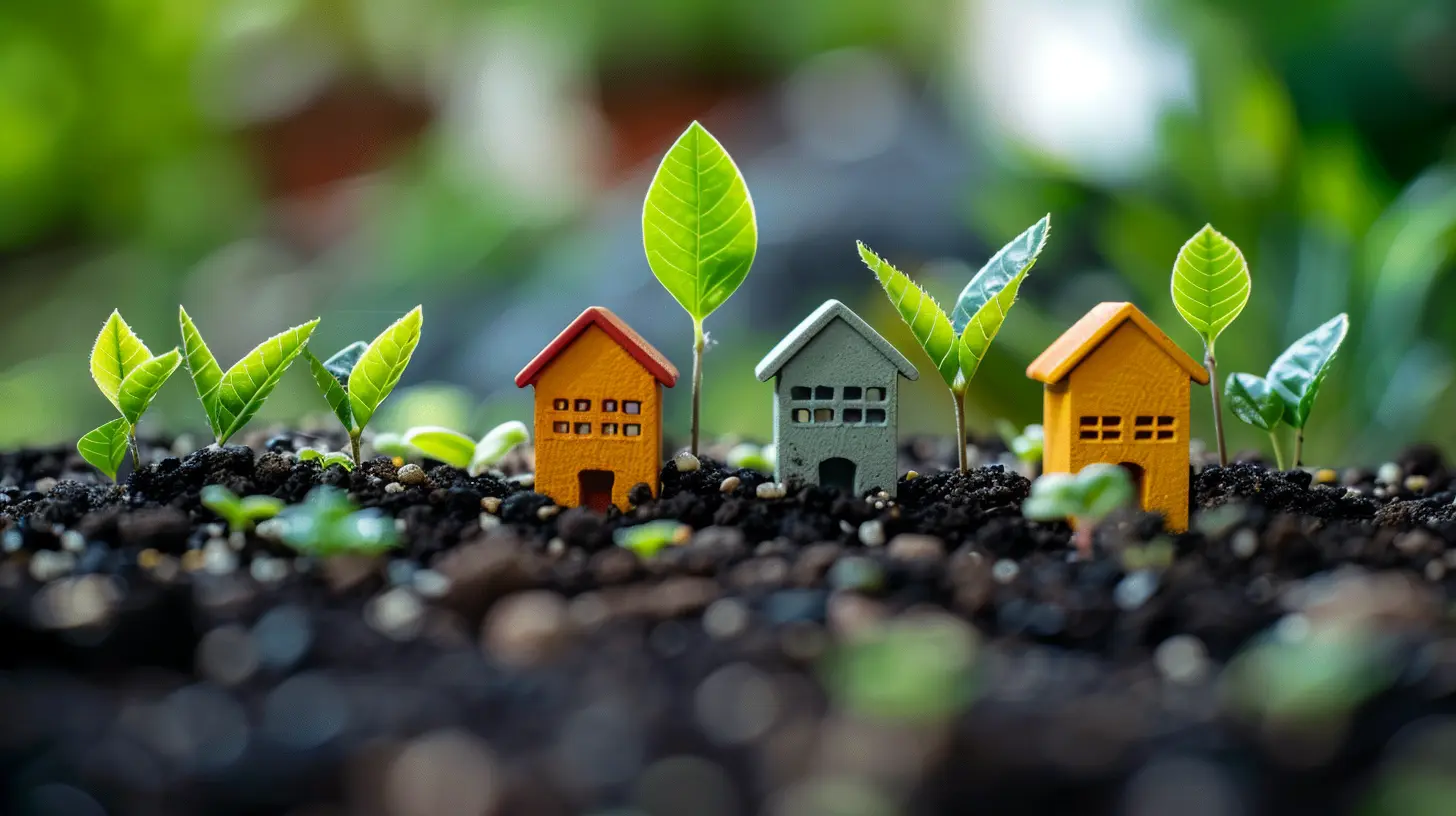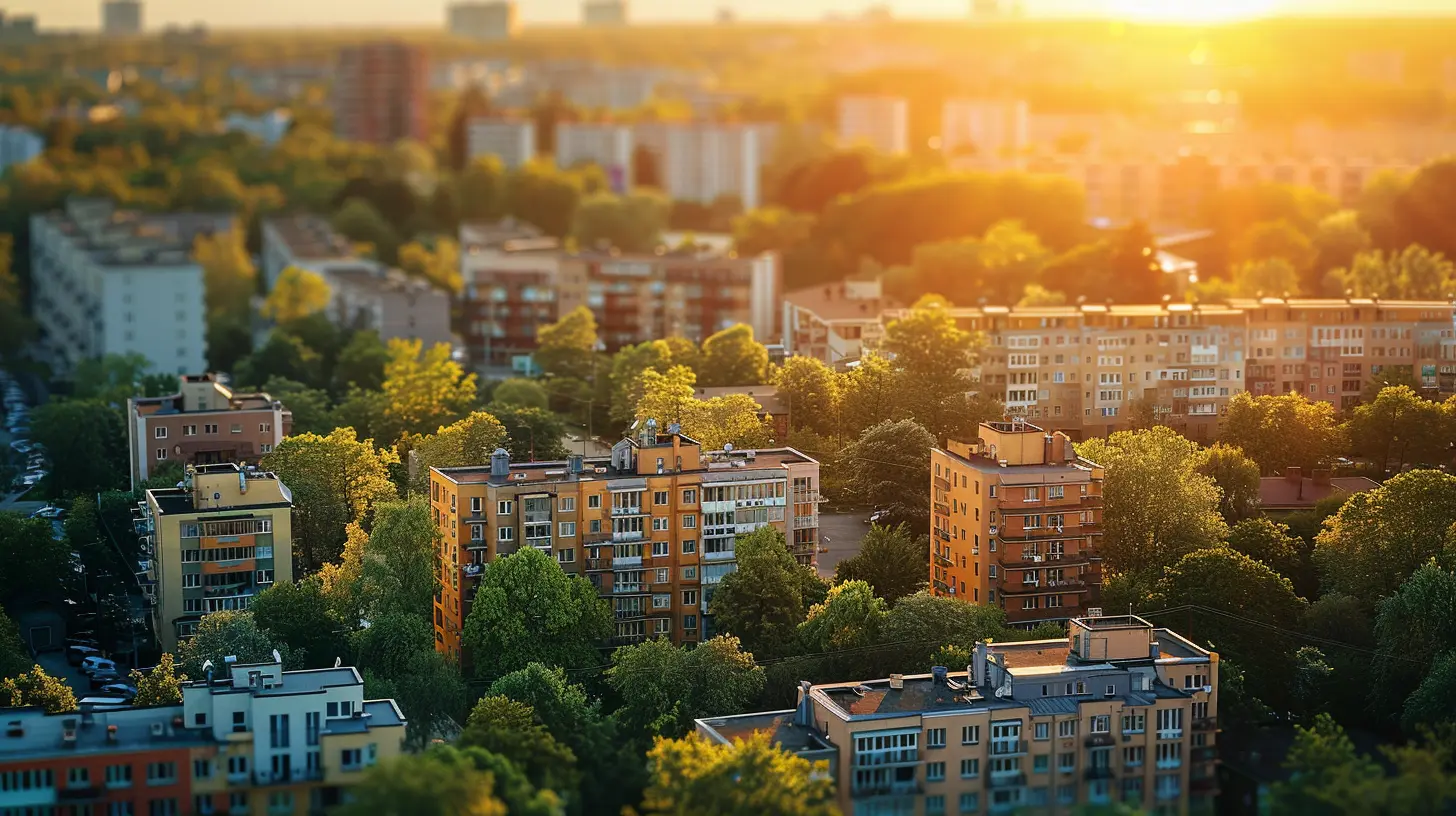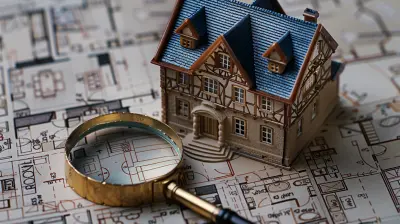20 March 2025
Have you ever driven by a patch of empty land one day, only to see a bustling shopping center, residential complex, or industrial park sprout up seemingly overnight? It’s almost like watching a caterpillar transform into a butterfly! That’s the magic of land development, and whether we realize it or not, it plays a massive role in shaping and boosting local economies. But how does this process work, and why is it so pivotal? Let’s take a deep dive into how land development kickstarts economic growth—and why it’s a big deal for communities everywhere.
What Exactly Is Land Development?
Before we dive into the nuts and bolts, let’s make sure we’re on the same page. Land development simply refers to the process of transforming raw, undeveloped land into something functional and profitable. This could mean converting unused farmland into a residential neighborhood, turning a vacant lot into a strip mall, or even turning a barren industrial zone into a tech hub.It’s not just about plopping down a few buildings, though. Land development is a carefully planned process requiring coordination between architects, engineers, contractors, and government agencies. It also often includes infrastructure improvements—think roads, utilities, and public spaces. These projects are not just about creating new spaces; they’re about breathing new life into communities.
The Ripple Effect of Land Development on Local Economies
You might be wondering, "Okay, but how does land development really impact local economies?" Great question! The truth is, the effects of land development go far beyond just making an area look nice. It triggers a chain reaction of economic activity, creating jobs, generating tax revenue, and even boosting property values. Let’s explore these ripple effects in more detail.1. Creating Jobs—And Lots of Them
Think about all the people involved when land is developed. First, there are the construction workers, engineers, and architects. Then, there are the landscapers, electricians, plumbers, and other skilled tradespeople who bring the project to life. But the job creation doesn’t stop there.Once the development is complete, it continues creating employment opportunities. A new shopping center means jobs for cashiers, managers, and security personnel. A new office building brings opportunities for accountants, marketers, and administrative staff. Even a residential project generates demand for local services like schools, grocery stores, and healthcare providers.
Land development is like planting a seed—it might take a while to grow, but once it does, it branches out and creates work for an entire workforce.
2. Boosting Local Businesses
When new developments spring up, they’re like magnets for nearby businesses. Picture this: a developer builds a new residential neighborhood. Where do all those new residents shop? Where do they grab a cup of coffee on their way to work? Local businesses!From retail stores to mom-and-pop restaurants, land development injects energy into the local business ecosystem. And it’s not just about foot traffic. More people in the area mean more money circulating within the community, which helps local businesses thrive. It’s a win-win situation.
3. Generating Tax Revenue for Better Services
Here’s something a lot of people don’t think about: land development results in increased property taxes and sales taxes for local governments. That new shopping center? It’s not just employing people; it’s also generating sales tax with every transaction. That residential development? It raises property values (and property taxes), which directly funds local schools, road repairs, and public services.In essence, land development gives cities and towns more financial resources to reinvest in the community. It’s like having a bigger pie so everyone can get a larger slice.
4. Increasing Property Values
If you’ve ever lived near a new development, you’ve probably noticed something: your property’s value likely went up. Why? Because new amenities—like parks, shopping centers, or schools—make neighborhoods more desirable. Even infrastructure improvements, like repaved roads or better utilities, can elevate the appeal of an area.This rise in property values benefits homeowners and landlords alike. Higher values mean higher equity, which can be used for renovations, investments, or simply as a financial safety net.
5. Encouraging Population Growth
When new developments pop up, they don’t just cater to existing residents—they attract new ones. Think about it: families looking for affordable housing, professionals wanting to live near their workplaces, or entrepreneurs searching for opportunities all flock to areas with new developments.And when people move in, they bring their spending habits, skills, and talent with them. This influx of residents can completely transform a once-quiet community into a vibrant hub of activity.
The Bigger Picture: Sustainable Development Matters
Of course, not all land development is created equal. While it’s a powerful economic driver, it can have negative consequences if done irresponsibly. Over-development can lead to environmental concerns like deforestation or urban sprawl, while poorly planned projects can strain infrastructure and lead to traffic congestion or water shortages.That’s where sustainable land development comes into play. By focusing on green building practices, renewable energy, and thoughtful urban planning, developers can strike a balance between economic growth and environmental responsibility. Think of it as building for the future, not just the present.
Challenges in Land Development—and How They’re Overcome
Let’s not sugarcoat things: land development isn’t a walk in the park. Developers face hurdles like zoning restrictions, limited financing options, and community opposition. And let’s not forget those pesky environmental regulations that can sometimes slow down a project.The good news? These challenges often inspire innovation. Developers are finding new ways to streamline processes, secure funding, and incorporate environmentally-friendly practices. Plus, collaboration between public and private sectors can help cut through red tape, ensuring projects are completed efficiently.
Why Should You Care About Land Development?
You might be thinking, “This is all well and good, but what does it have to do with me?” Well, here’s the thing: land development impacts everyone. Even if you don’t work in construction or real estate, chances are you’ve benefited from it in some way.Maybe it’s the new park where you walk your dog. Or the nearby shopping center that makes errand-running a breeze. Or the upgraded roads that cut 10 minutes off your commute. Land development is all around us, shaping the way we live, work, and play.
Wrapping It Up
At its core, land development is about transformation—taking something underutilized and turning it into an asset that benefits the entire community. From creating jobs to boosting local businesses, generating tax revenue, and raising property values, its economic impact is undeniable. And when done with sustainability in mind, it ensures that growth benefits generations to come.So, the next time you see a construction site, don’t just groan about the noise or traffic delays. Instead, think about the opportunities it’s creating—because land development isn’t just about buildings; it’s about building better communities.








Diana McGinnis
Land development fosters job creation and community growth, aligning economic vitality with sustainable practices for a prosperous future. Thoughtful planning is essential.
March 31, 2025 at 8:16 PM